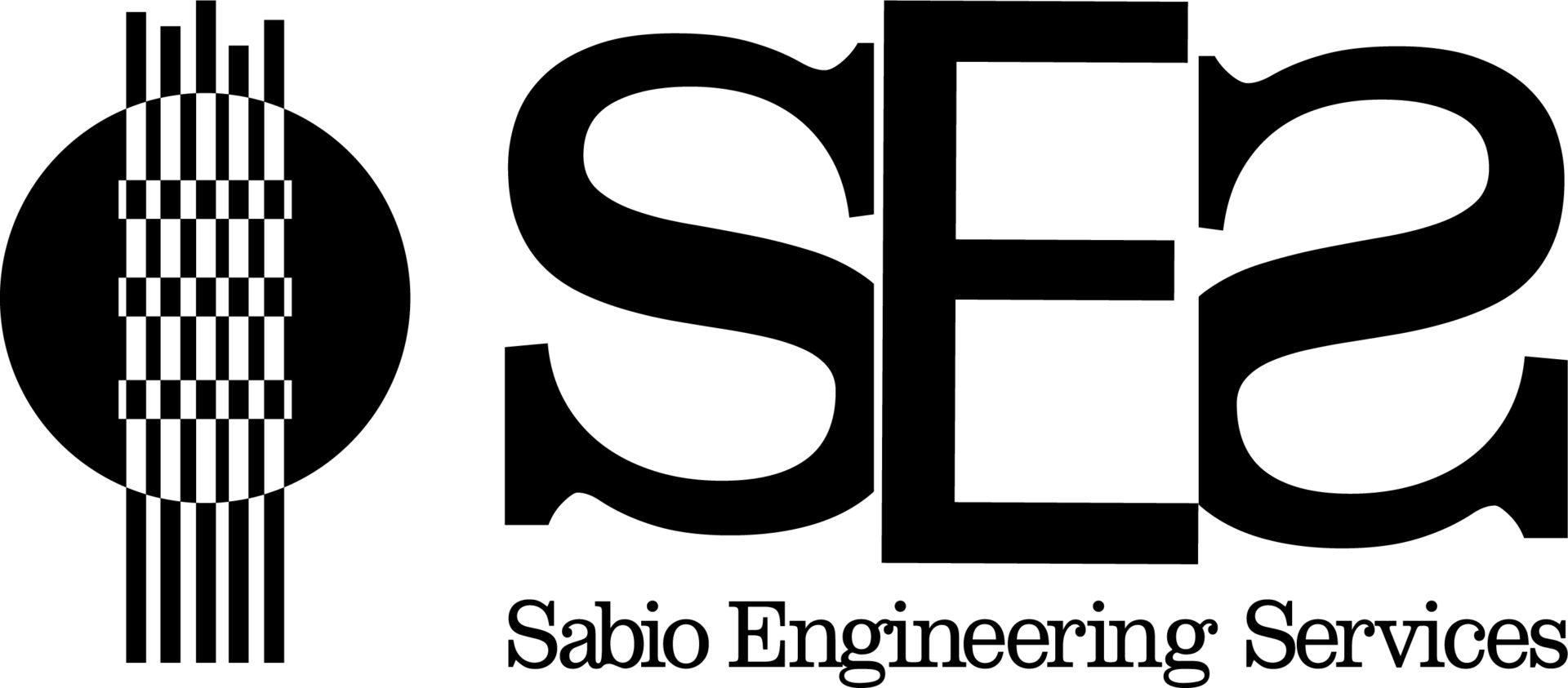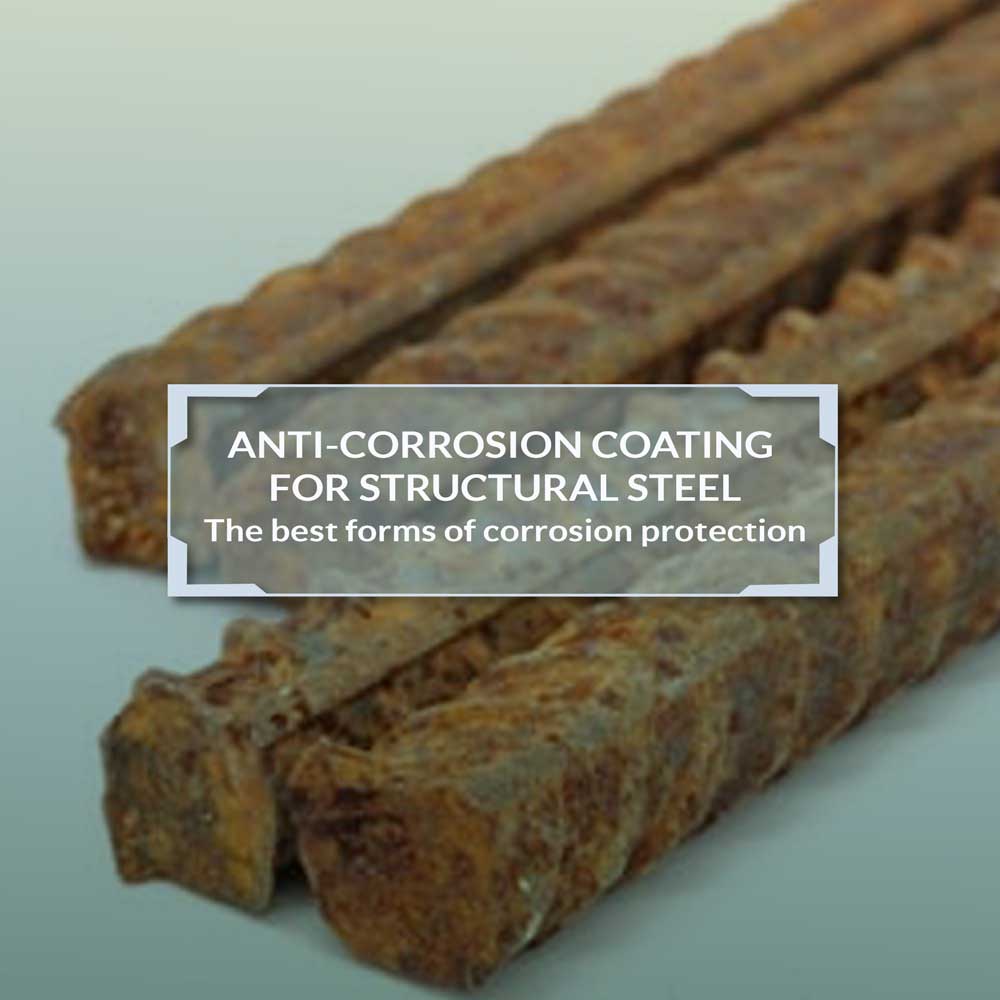Table of Contents
Introduction
Corrosion on structural steel is a concerning problem because it may affect the overall integrity of the structure. Regardless of the steel structure, measures need to be taken to ensure long-term structural integrity remains intact. Therefore, corrosion is considered a risk to that infrastructure.
When designing a project, structural engineers and project managers should evaluate the best forms of corrosion protection for the steel supporting the structure. We will talk more about the role the environment plays in corrosion protection and then describe the different corrosion protection methods.
Exposure, Exposure, Exposure
Before any measures of corrosion protection are taken for structural steel, one must understand how much corrosion the steel will be up against. For instance, a salt water bridge exposed to stagnant moisture and electrolytes will face a higher corrosion risk than an internal beam in a commercial building. Both need corrosion protection, but at different levels.
It is understandable to want the highest corrosion protection available, but going overboard with an intense corrosion prevention system will cost extra money and time that could be spent elsewhere. Hence, evaluate the corrosion risk the asset will face and protect at that level, but not over.
Design Considerations
Before applying coating, project teams can implement corrosion prevention methods with informed steel and design choices. Anti-corrosion coating alone is not effective at protecting structural steel from all forms of corrosion. For example, coatings are effective at controlling uniform corrosion but are less effective at controlling localized attacks such as pitting. Use the following advice on steel selection and design consideration to set up a coating system for success.
Steel Selection
The quality of steel can have a bearing on corrosion prevention. High-alloy steel is naturally more corrosion-resistant than low-alloy steel and is more expensive. If project teams choose a more affordable low-alloy steel, then it will likely need a more comprehensive coating system to effectively fend off corrosion.
Another important note is that corrosion control is just one part of the steel selection process. Project teams should balance those needs with the steel member’s end use, its initial const and its future maintenance costs.
Further Design Considerations
The design of structural steel can also prevent corrosion. These design factors won’t play a part in coating or re-coating a structure that’s already been constructed, but are important to know because failing to follow them leads to an increased risk of corrosion.
For a new steel structure, keep the following consideration in mind in the initial stages of the process:
- Reduce exposure to atmosphere: When you can limit exposure to the atmosphere, (especially in a highly corrosive environment), you will aid in the overall corrosion prevention system.
- Avoid dissimilar metals: Galvanic corrosion is possible when two or more dissimilar metals are used in a structural steel system. Be aware of metal choices to avoid this.
- Prevent water accumulation: Water traps are intrinsically corrosion-prone because moisture can accelerate corrosion. This can become much more of a problem if the environment contains dirt and debris because they tend to retain moisture. Be vigilant to ensure that there are no areas with excessive water buildup.
- Avoid surface irregularities: These can be crevices, sharp areas, and inaccessible areas. These areas are difficult to coat and inspect, but they are also at a high risk for corrosion. Not all irregularities can be avoided. For those that remain, be careful when applying coating.
Balance is Key
Corrosion prevention for structural steel is not just contained in one step – it’s an entire system that will protect the substrate for many years. A good system balances these three factors: environment, design and coating systems. By having a good system, one can achieve the desired performance and service life-cycle at the least cost. Protecting structural steel is essential to maintaining the integrity of a project.
Are you interested in anti-corrosion coating for your project? If so, contact Sabio Engineering Services! Our structural engineers are trained to evaluate structural integrity and address anti-corrosion coatings.
Contact us at (929) 381-0030 or visit our website.


